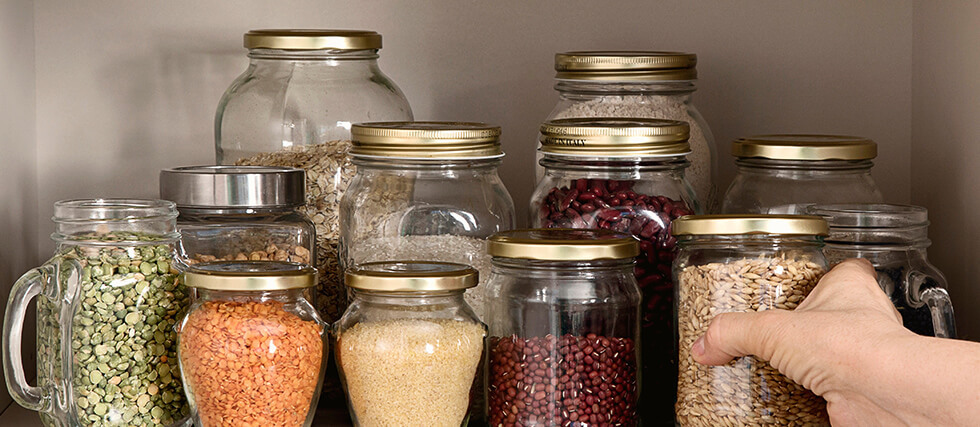Stabilize Your Blood Sugar With This Pantry Staple
Beyond fiber, beans are rich in plant-based protein. Protein, like fiber, slows digestion and helps maintain steady blood sugar levels. A cup of cooked beans provides approximately 15 grams of protein, making them an excellent meat alternative.
Beans also contain essential nutrients such as magnesium, potassium, and iron. Magnesium, in particular, has been linked to improved insulin sensitivity, further supporting blood sugar control.
Scientific Evidence Supporting Beans in Diabetes Management
Research underscores the benefits of beans for individuals with diabetes. A study published in the New England Journal of Medicine found that a high-fiber diet, including beans, improved glycemic control and reduced hyperinsulinemia in patients with type 2 diabetes. Another study indicated that adding a cup of legumes to the daily diet of individuals with type 2 diabetes improved glycemic control and reduced the risk of coronary heart disease.
Incorporating Beans into Your Diet
Adding beans to your meals is straightforward and can be delicious. Here are some practical tips:
- Salads and Soups: Toss black beans or chickpeas into salads or blend them into hearty soups.
- Main Dishes: Use kidney beans in chili or prepare a classic rice and beans dish.
- Snacks: Enjoy hummus (made from chickpeas) with vegetable sticks or whole-grain crackers.
Start with small portions to allow your digestive system to adjust to the increased fiber intake. If using canned beans, use low-sodium versions and rinse them thoroughly to reduce sodium content.



